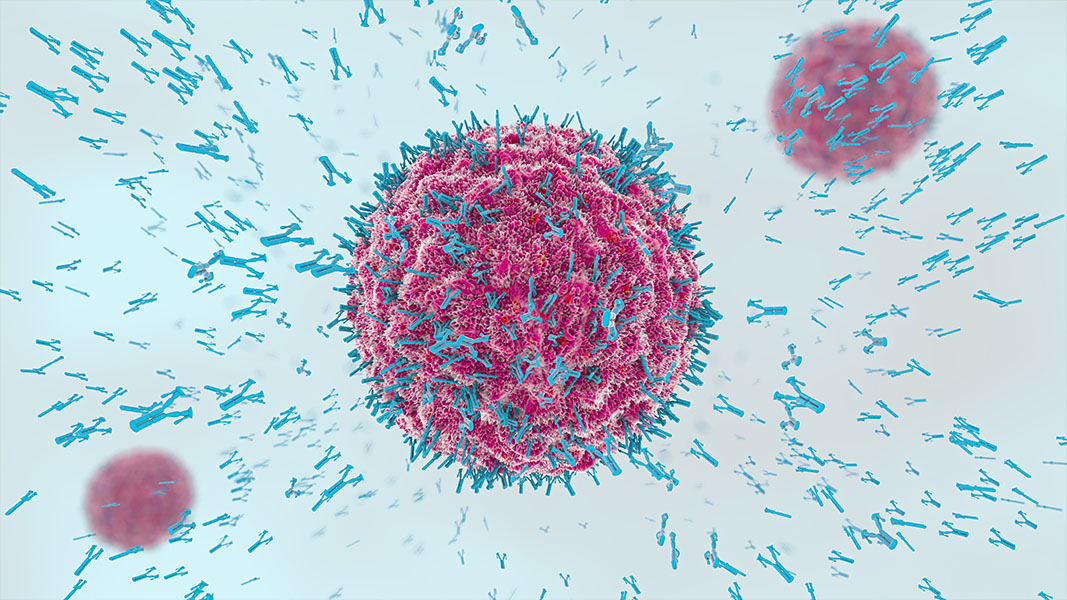During the second World War, scientists noted that soldiers exposed to nitrogen mustard gas developed interesting hematologic pathology with significantly reduced white blood cell counts. Researchers began to wonder if the toxins could stop the growth of rapidly dividing cancer cells.
It wasn’t long before American pharmacologists Alfred Gilman and Louis Goodman experimented with mustard agents to treat lymphoma, and noted significant reduction in tumour size thanks to the cytotoxic injections. The beginning of chemotherapy as we know it was born.
Being the mainstay of cancer treatment for decades now, chemotherapy is a USD $50 billion per annum market. However, newer novel therapies threaten to knock the treatment from its perch, due to their more targeted anti-cancer activity.
The side effects of chemo are well established, but the cliche Hollywood representation of a cancer patient is mild in comparison to the real thing. Due to its largely non-specific mechanism of action, chemotherapy drugs attack all rapidly dividing cells, not just cancers. These include cells in the stomach lining and hair, giving rise to common side effects like nausea and hair loss.
One of the most promising new cancer treatments is CAR-T cell therapy. Personalised to each individual, the treatment involves drawing blood from the patient and isolating their own immune cells (T cells). These cells are then ‘programmed’ in a lab to produce specific surface receptors (called Chimeric Antigen Receptors, or CARs). The trained T cells are then returned to the patient and can go on to recognise and attack cancer cells, producing a larger immune response in the patient.
Oncology company Prescient Therapeutics (ASX: PTX) is developing personalised CAR T cell therapies for multiple cancers and has commenced initial work for upcoming clinical trials.
Prescient has a proprietary take on CAR-T cell therapy called OmniCAR. Their platform allows for the programming of multiple targets, with a single cell product to improve and streamline the process.
Should this work, the technology could completely overhaul T cell therapy, but they need to get through clinical trials first.
The Company has entered into a manufacturing services agreement with specialist cell therapy manufacturer, Q-Gen Cell Therapeutics to produce the OmniCAR cells for study.
Q-Gen is the manufacturing arm of the QIMR Berghofer Medical Research Institute, and is a well respected producer of cell based medicines. The lab will ensure quality and consistency in producing their product to Prescient’s specifications.
“Prescient is working steadily towards our first in human studies of OmniCAR, which will be an important milestone for the Company,” said CEO and Managing Director, Steven Yatomi-Clarke. “This important agreement secures Prescient’s crucial supply of OmniCAR cells for our clinical trials and ensures we are producing the best possible cell therapy products for doctors and patients living with hard-to-treat cancers.”
The first condition the Company is seeking to study in clinical trials is Acute Myeloid Leukaemia (AML). CAR-T cell therapy is already being used in other haematological malignancies such as non-Hodgkin lymphoma where therapeutics like Gilead’s (NASDAQ: GILD) Yescarta are providing good results, and achieving lasting remission.
Prescient burned $4.4 million in the 12 months to 30th June 2022 and retains $12.3 million in the bank to fund trials.
- Parkinson’s UK backs Pharmaxis with $5 million to slow the onset of incurable disease with ‘ground breaking’ trial - September 1, 2022
- How this company is developing medtech to support Indigenous community health - August 22, 2022
- A round of ap-paws for PharmAust, changing the ruff prognosis for dogs with lymphoma - August 17, 2022













Leave a Comment
You must be logged in to post a comment.